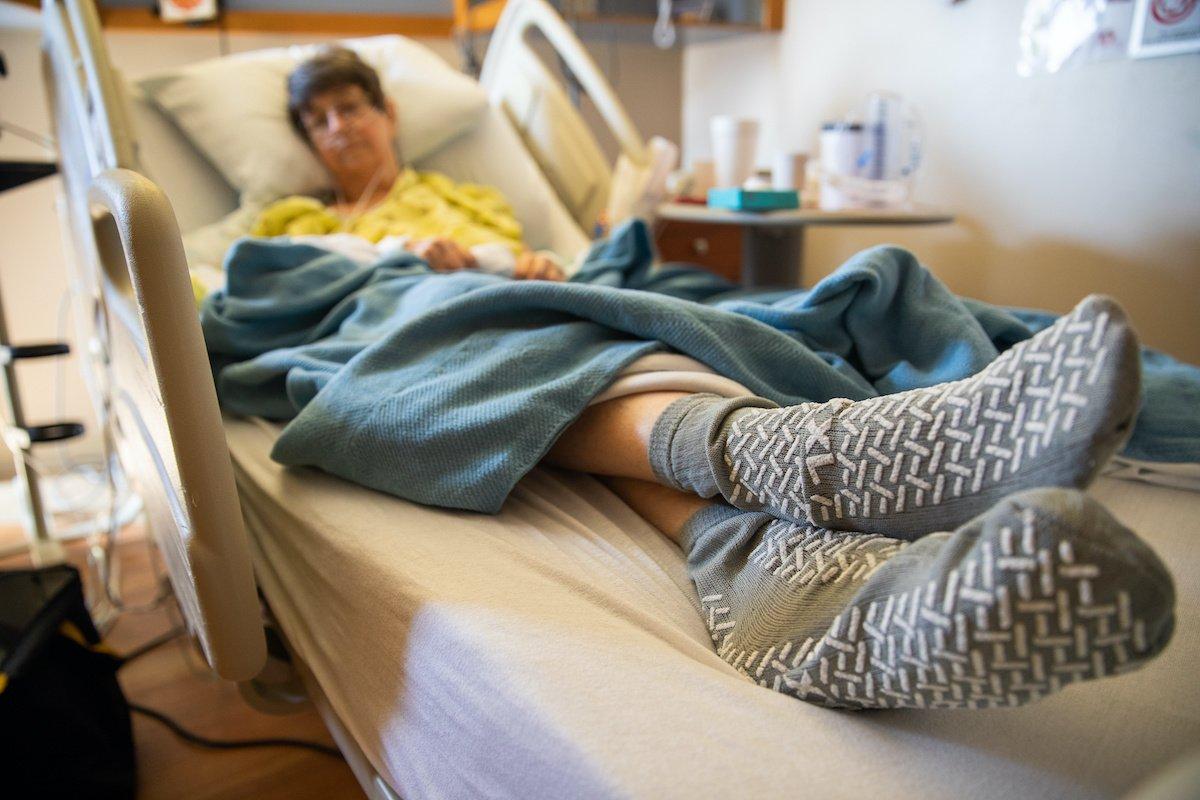Table of Content
As the U.S. population ages, the need for quality elder care increases nationwide. Often, families turn to skilled nursing facilities to provide the best care for their loved ones. But some estimates reveal an alarmingly disproportionate ratio of staff to residents that can result in negligence and abuse.
On average, U.S. nursing homes have one aide on duty for every 10 residents, based on research by Charlene Harrington, a professor at the University of California San Francisco. The typical ratio should be about one for every seven patients on day and evening shifts, she says. Some nursing aides report they have to care for 15 residents or more at a time.
“Too many patients for too few aides means less attention is being paid to your parents – and their level of care suffers,” said John Dalli, a partner in the law firm Dalli & Marino, LLP. “If your loved ones become injured because of understaffing, the nursing home is liable for negligence. Families can then file a lawsuit against the facility for its failure to protect their parents.”
What are the key signs of neglect and abuse to look for in nursing home patients?
BEDSORES
Also called pressure sores, these injuries occur when a patient sits or lies in one position too long, cutting off blood circulation to the skin and tissues underneath. The sores become more severe the longer they are untreated. An estimated 13% of nursing home residents experience bedsores.
FALLS
Nursing home residents fall with disturbing regularity. About half of the 1.6 million patients in nursing homes fall each year, according to the Agency for Healthcare Research and Quality. Many falls occur due to a lack of proper monitoring by staff or an unsafe environment such as bad lighting or uneven floors.
MEDICATION ERRORS
If a resident changes behavior, appearing lethargic or confused, there may be errors in their prescribed medications. Each resident’s drug regimen must be free from unnecessary drugs and excessive doses.
DEHYDRATION/MALNUTRITION
Weight loss may indicate improper levels of nutrition and protein in their diets. If a resident needs help eating, a nursing home must provide that assistance. Malnutrition and dehydration can also complicate bedsores.
Contact Nursing Home Abuse Attorneys
Since 1996, Dalli & Marino, LLP, has helped families recover millions of dollars in cases of neglect at nursing homes or other elder care facilities. Our team serves Suffolk and Nassau Counties (Long Island), Manhattan, Brooklyn, the Bronx, Queens, Staten Island and Westchester County. Please call our office today if you have questions about a loved one in a nursing home that may have experienced one of these issues at 1-888-465-8790 [Toll-Free] or complete the CASE EVALUATION FORM on our Contact Page.



